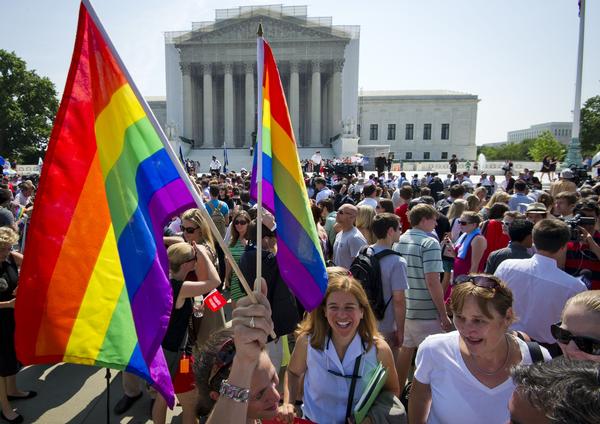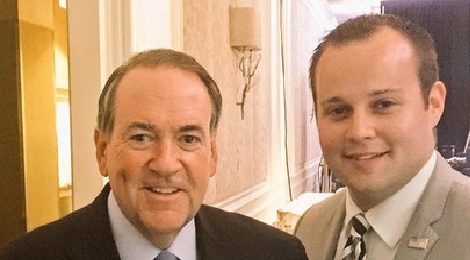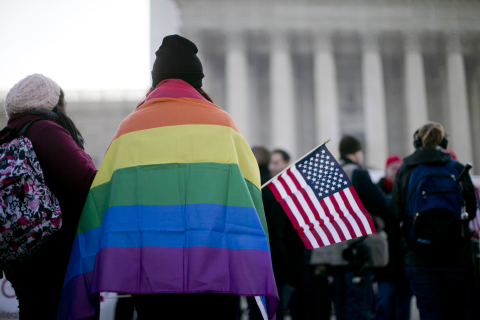It seems that leaders of the Religious Right are tired of being associated with the Religious Right because nobody likes the Religious Right. Unfortunately for them, they are the Religious Right and that is what we are going to keep calling them, especially now that they are saying we should stop calling them that:
[S]everal politically conservative evangelicals said in interviews that they do not want to be identified with the “Religious Right,” “Christian Right,” “Moral Majority,” or other phrases still thrown around in journalism and academia.
“There is an ongoing battle for the vocabulary of our debate,” said Gary Bauer, president of American Values. “It amazes me how often in public discourse really pejorative phrases are used, like the ‘American Taliban,’ ‘fundamentalists,’ ‘Christian fascists,’ and ‘extreme Religious Right.’ “
…
Gary Schneeberger, vice president of media and public relations for Focus on the Family, said that when writers include terms like “Religious Right” and “fundamentalist,” they can create negative impressions.
“Terms like ‘Religious Right’ have been traditionally used in a pejorative way to suggest extremism,” Schneeberger said. “The phrase ‘socially conservative evangelicals’ is not very exciting, but that’s certainly the way to do it.”
…
[M]any groups would rather distance themselves from the Religious Right, even though they may agree on several political issues. Richard Land said he corrects numerous reporters who call him a leader of the Religious Right, explaining that he represents a group of Southern Baptists who would probably consider themselves conservative evangelicals.
“When the so-called ‘Religious Right’ agrees with us, we applaud their good taste and good judgment,” said Land, who is president of the Ethics and Religious Liberty Commission for the Southern Baptist Convention. Some phrases need to be eliminated from journalists’ vocabulary entirely, he said. “Until Tony Perkins or Jim Dobson puts a pistol on the table and threatens to kill someone, they shouldn’t be called ayatollah of the Right or the Jihadists of the Right.”
…
Organizational leaders like Tony Perkins of Family Research Council want a term that includes other religious groups like Catholics, Jews, and Mormons so that they can see themselves as fighting for the same cause.
“It’s not accurate to say that the Christian Right or the Religious Right is simply a narrow slice of evangelicals,” Perkins said. “Will everyone identify themselves as part of the Religious Right? No, but they do share a portion of values.”
If the phrase “Religious Right” has negative connotations, it probably stems primarily from the fact that the people who have traditionally represented the Religious Right have caused it to, you know, have negative connotations.
When people like Jerry Falwell and Pat Robertson go on television and blame the 9/11 attacks on “pagans, and the abortionists, and the feminists, and the gays and the lesbians who are actively trying to make that an alternative lifestyle, the ACLU, People For the American Way, [and] all of them who have tried to secularize America,” that is the sort of thing that tends to create negative impressions about the Religious Right.
And even if they were called “socially conservative evangelicals,” this type of rhetoric would still create negative impressions about the term “socially conservative evangelicals” … and then “socially conservative evangelicals” would be telling everyone to stop calling them “socially conservative evangelicals.”
You see, it is not the term that it is problem – it is the Religious Right’s agenda and rhetoric.







